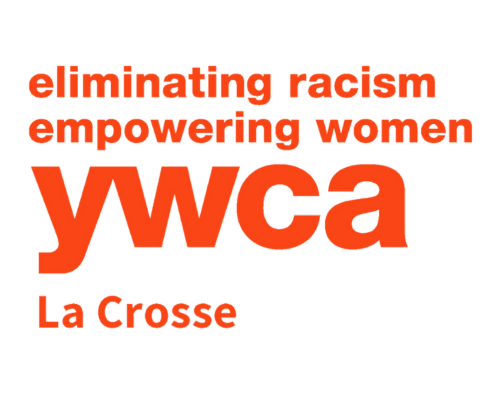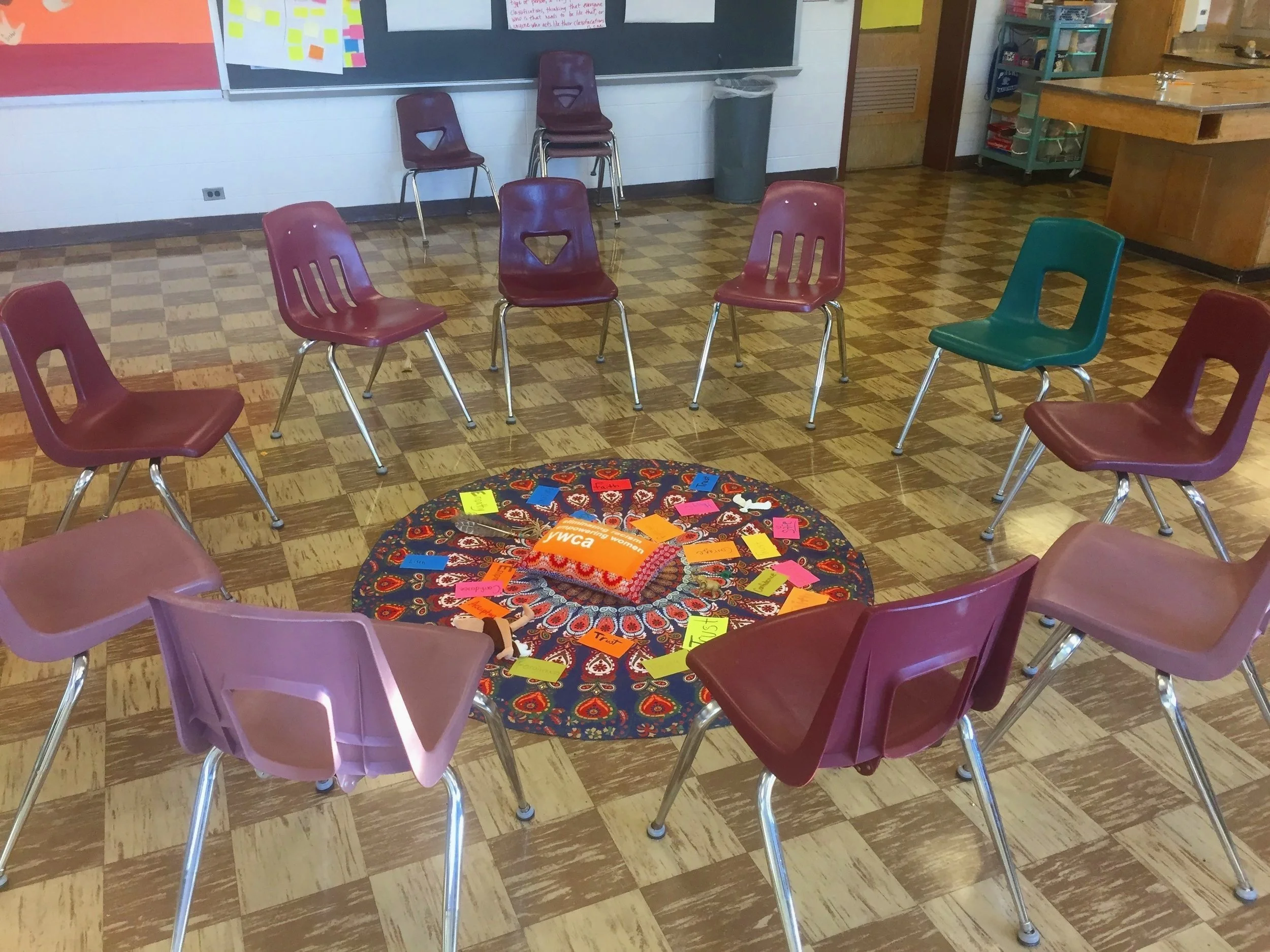Restorative Practices
Fundamentally, restorative practices is a relationship building, strengths based, and solution focused approach that operates on the idea that human beings are happier, more cooperative and productive, and more likely to make positive changes in their behavior when those in positions of authority do things with them rather than to or for them.
YWCA La Crosse restorative programs promote conflict resolution, open dialogues, and work to reduce systemic and institutional racism through its use of restorative practices. YWCA La Crosse focuses on reaching youth through two avenues, school and community.
According to the International Institute of Restorative Practices (IIRP), restorative practices understand that all humans are hardwired to connect. Just as we need food, shelter, and clothing, human beings also need strong and meaningful relationships to thrive.
School-Based
YWCA La Crosse Justice Circles was created to give alternatives to mainstream discipline while strengthening social and emotional skills of youth. YWCA La Crosse recognized that exclusionary practices and exposure to the juvenile justice system can have negative academic and social consequences for youth, which often have a lasting impact on their future and can also lead students to the school-to-prison-pipeline, a process in which students are funneled into the criminal and juvenile justice systems and out of schools. Instead of using punishments and rewards to influence the way students behave, restorative practices lays foundational relationships, addresses the underlying reasons for students’ behavior and nurtures their desire to treat others with care and respect.
Each year, we work to train students to help facilitate restorative circle conversations, work with school staff on the use of restorative practices, and hold circles for “in need” students. These circles are both preventative and responsive.
Justice Circles:
• Gives every participant an equal voice
• Empowers youth to be leaders/facilitators
• Empowers people with conflict resolution skills
• Emphasizes values of empathy, respect, honesty, acceptance, responsibility, and accountability
• Promotes critical thinking skills
• Promotes social and emotional development, and
• Enhances mental health supports
Community-Based
In collaboration with La Crosse County Youth Justice, community youth can be held accountable and make amends by the use of YWCA La Crosse Restorative Conferencing.
What is Restorative Conferencing?
Restorative Conferencing is a process through which people who have impacted others can accept responsibility for their actions, particularly to the people they have harmed and to the community. It creates an opportunity to make things right through proactive involvement of people who have been impacted and ownership of the person who has impacted others and the community, in search for solutions which promote repair. Thus, the restorative justice process is actively participated in by the person who was impacted, the person who caused impact, and/or any individual or community member affected by the situation to resolve conflicts resulting from the harm, often with the help of a fair and impartial third party (YWCA La Crosse staff).
How does it help the youth who is being referred to Conferencing?
Reduces repeat offending for person who caused the harm
When used as a diversion it helps reduce the costs of criminal justice
Works to accept responsibility for impact to others
Start repairing some of the harm caused by their behavior
Start repairing relationships
Helps to change future behavior
How does it help the person impacted?
Tell their story directly to the person who caused them harm
Ask for answers to the questions they may have about the incident
Be involved in the justice process
Being given a voice
Having a say about the outcome
Understanding more about the offense committed against them
The restorative conference outcome is the agreement obtained as a product of a restorative justice process. Examples of restorative conferencing outcomes can include but are not limited to: apologies, restitution, community work service and any other program or response designed to accomplish reparation of the person who was harmed, and the reintegration of the person who was harmed and/or the person who caused harm.

